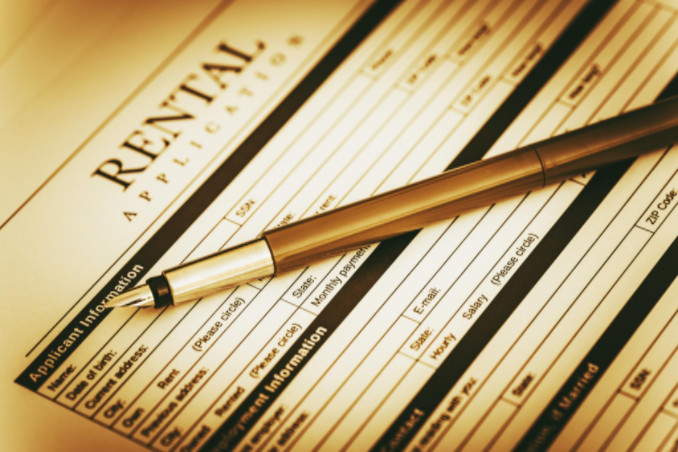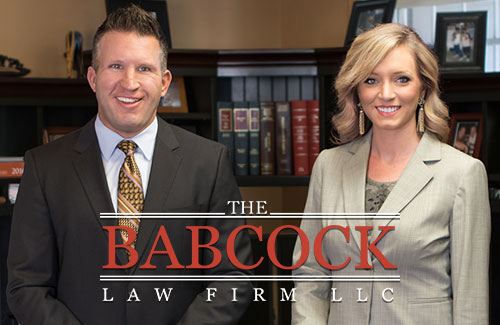Renting a fabulous apartment or townhouse for a reasonable monthly price is every tenant’s dream. Most people look for certain amenities in any rental, such as dishwashers and wall-to-wall carpeting.
Although it’s not a required appliance in a rental, an air-conditioning unit ultimately drives the positive appeal of any property among potential tenants. If that AC unit breaks down, however, there’s a question of who is liable for the AC repair charges: the landlord or the renter?
Consider these guidelines that apply to most neighborhoods across the nation.
Pull Out the Rental Agreement
After you notice that the AC doesn’t work, immediately pull out your rental agreement. This document contains every aspect of your legal contract with the landlord. Look for a section on appliances or repairs. In most cases, the landlord is required to maintain the basic household appliances as necessary. This stipulation normally includes air conditioners, plumbing and electrical systems. In very rare situations, the contract might note that AC repairs aren’t covered by the landlord. Encountering this stipulation means that the tenants must fix the AC on their own.
Contact the Landlord
Notify the landlord as soon as possible. Send them an email, write a letter or call them on the phone. You want some documentation of the conversation though. Letters and email are usually the best routes to take when you want to start a potential repair process. Reputable landlords will do their best to fix the issue as soon as possible. If you’re being ignored, that fact might be a sign that the landlord isn’t receptive to fixing up the property. You have every right to contact them about the AC unit until an answer is heard.
Be the Perfect Tenant
Many rental contracts are documents that might be vague in their wording. If you’re still unsure about AC repair liability, discuss your concern with the landlord. Remind him or her that you’re a desirable tenant with on-time payments and clean habits. When you work in a civilized manner with the landlord, they’ll see the value in your continued residency. It might be less expensive to fix the AC unit than to find new tenants. Fixing the AC will only benefit the landlord in the end with a well-maintained property that’s ready for any tenant in the future.
Expect a Reasonable Repair Schedule
A landlord who’s liable for the AC repair should have it completed in a timely manner. Every state has a different timeline for “reasonable” repairs, but it should only take a few weeks as a guideline. The landlord may need to interview several contractors before selecting the right company. During this time period, tenants are normally updated with the repair progress as the landlord conducts his or her research. Waiting for a few months to receive an AC repair isn’t reasonable, and tenants should make their landlord aware of the issue.
When Renters are at Fault
Although the landlord is liable for most AC repairs, there are special situations that might turn the tables. If the tenants physically damage the unit or fail to maintain the filters, they’ll be required to fix the unit. Landlords are responsible when an AC unit breaks down under normal wear-and-tear circumstances. Neglect or abuse by the tenants is often easy to detect with a professional’s evaluation of the property. It can be documented at that time so that tenants and landlords know where they stand with the charges.
Filing a Claim
If a civil discussion cannot occur between the parties, tenants may need to file a claim against the landlord with the local authorities. Renters have rights, and they can defend them by working with professionals trained in this industry. When tenants file a claim, it’s a legal document stating that repairs must be completed by a certain date with all charges sent to the landlord. Filing a claim is always a last resort, but it protects tenants from any questionable behavior by the landlord.
It helps the tenant if he or she writes everything down. Tenants should note the date and time that they spoke to the landlord along with any conversation details. Use email for correspondence as well. If there’s ever a discrepancy, your notes will significantly help the case. Tenants need to look out for their rights at every property.




